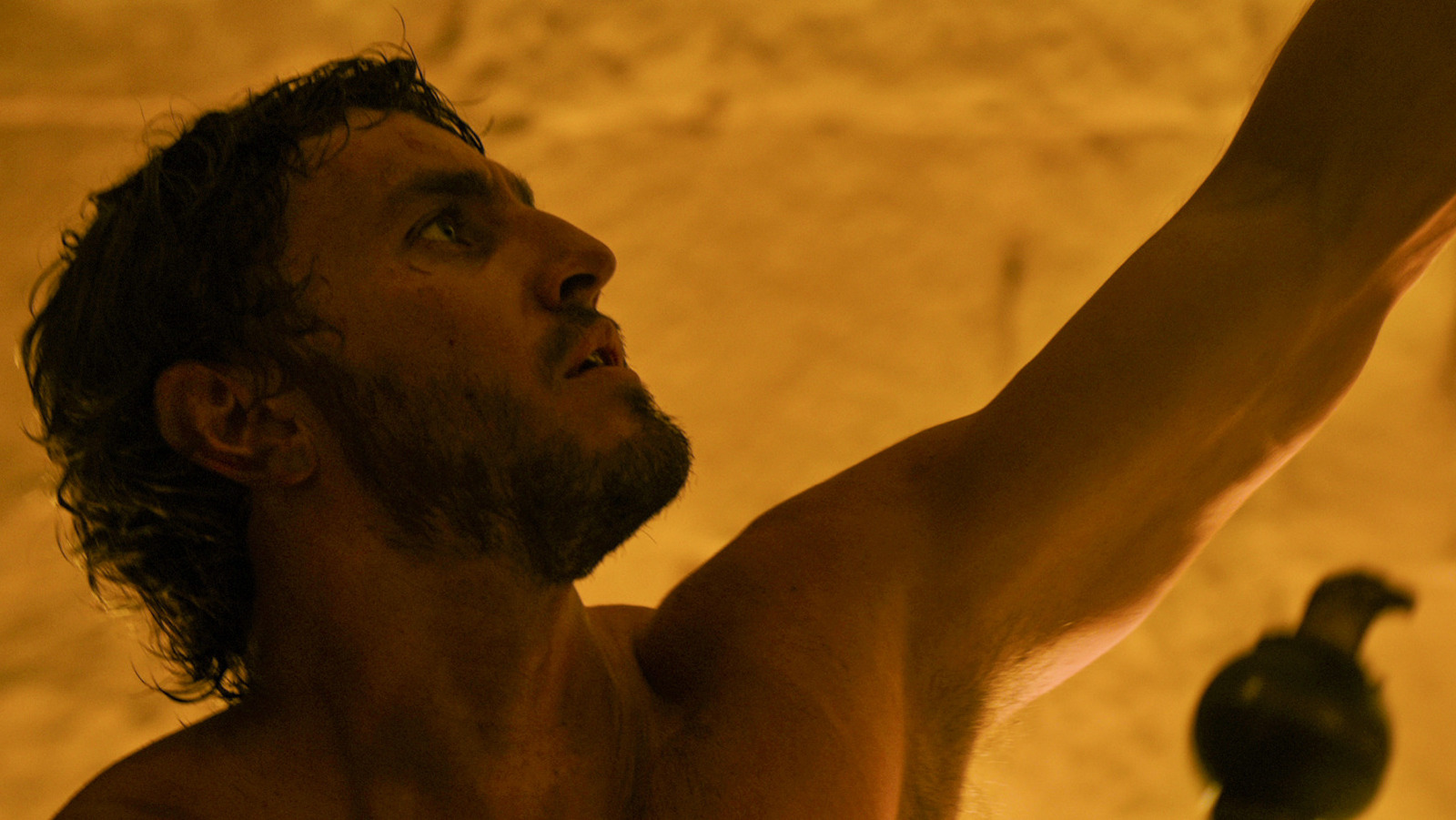
“Gladiator 2” Analysis: The Future of Rome and the Legacy of Maximus
As we delve into the concluding moments of “Gladiator II,” a film that resonates in today’s world, critical questions arise: Is an empire destined to self-destruct? Can the dreams of a better world hold any value, or are they merely foolish aspirations? Reflecting on the words of Maximus Decimus Meridius in the original “Gladiator,” “what we do in life echoes in eternity,” we ponder whether these echoes reach us in time to instigate real change.
Director Ridley Scott’s sequel emerges in a significantly different landscape than the original, which graced theaters 24 years ago. The film not only addresses the tumultuous events of 2024 but also serves as a follow-up to a story that ended with the heroic demise of its protagonist. Over the years, many ambitious sequel ideas circulated, one notably from musician Nick Cave, envisioning Maximus reincarnating through various historical battles. However, what we have in “Gladiator II,” penned by David Scarpa, mirrors the essence of the first film: a soldier once captured and enslaved, who challenges his oppressors while holding on to the ideal of a reformed Rome. The twist? This soldier is revealed to be Lucius (Paul Mescal), the previously unacknowledged son of Maximus, thus intertwining their fates.
Seventeen years post-“Gladiator,” the dream of Rome imagined by Maximus and Marcus Aurelius has faded into a nightmare under the tyrannical rule of Emperors Geta and Caracalla. Rather than prosperity, Rome’s relentless expansion leads to destruction across countless lands, including Numidia, where Lucius and his wife, Arishat, fiercely resist the Roman onslaught. After a brutal defeat, which sees Lucius branded as a gladiator following the death of his wife, Lucius resolves to destroy Rome, grabbing hold of his vendetta against General Marcus Acacius (Pedro Pascal) while also seeking vengeance against the corrupt rulers.
Lucius’ quest for revenge veils the complex truths surrounding him, including Acacius’ secret plan to dethrone the emperors and the ambitions of Macrinus (Denzel Washington), his new master. Notably, Lucius’ true lineage, being the son of Maximus and Lucilla, sets the stage for a deeper, more poignant connection to his father’s legacy. While torn by grief and loss, Lucius grapples with his identity, driven by memories and visions of his family.
As events unfold, Lucius confronts Acacius in the arena, choosing not to take revenge in the expected way. This pivotal moment transforms his understanding of duty and legacy, leading him to inspire a movement against the oppressive regime. The revolution takes shape as Lucius discovers the power of his heritage and the potential for Rome to rise anew, as he rallies gladiators and soldiers alike to fight for a noble vision.
In a climactic showdown, Lucius faces Macrinus, culminating in a battle that tests the very essence of his character. Instead of succumbing to the chaos, he delivers an impassioned speech that invokes his grandfather’s vision, uniting former enemies in a shared commitment to forging a new future for Rome. Symbolically returning to the coliseum where his family suffered tragedy, Lucius seeks guidance from the spirit of his father, Maximus, contemplating the echoes of their actions.
With the film’s conclusion, viewers are left with a powerful sense of triumph mixed with uncertainty. While the immediate villains are vanquished and Lucius finds purpose, the legacy of Rome and the potential for its rebirth hang delicately in the balance. The narrative intertwines historical themes with a modern understanding of societal challenges, prompting reflection on our paths forward.
As Scott and Scarpa explore the complex interplay of fate, hope, and the cyclical nature of history, they leave us considering the implications of our choices. With hints of future possibilities, perhaps we stand at the brink of a third chapter in this saga—a story of Lucius grappling with his newfound responsibilities and legacy.
This ending serves not only as a commentary on ancient Rome but also as an invitation for contemporary society to reflect on its course. The echoes of our actions resonate through time, urging us to follow in Lucius’ footsteps: to choose strength, honor, and the quest for meaningful change in a world that longs for redemption.




